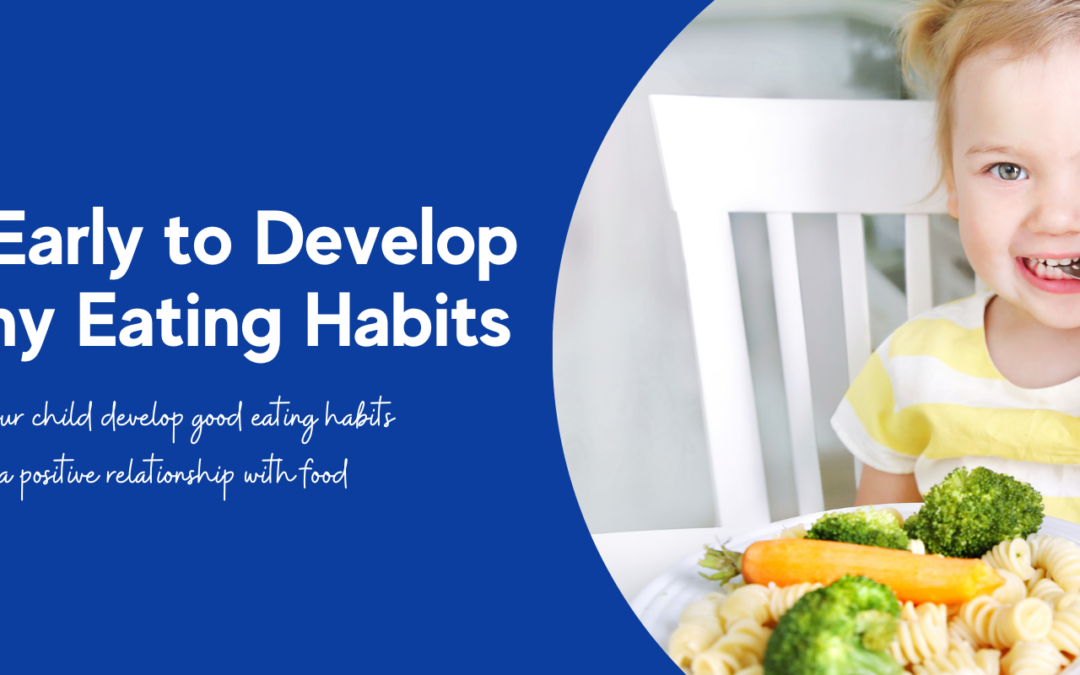As a toddler, your child is beginning to develop the eating habits and attitude towards food that she will carry with her as she grows. Feeding a toddler can be challenging. He may have strong opinions about his likes and dislikes. “No” becomes a favourite word as he starts to develop independence. Even getting him to sit still long enough to consume a meal can be difficult. However, there are many ways you can help your little one form healthy eating habits.
Start with what works. Find a healthy food that your child enjoys and offer it regularly. If she likes cucumber slices, include some on her plate with the rest of her meal. Offer choices, without becoming a short-order cook. You decide what foods are being offered, but your child can decide what and how much he wants to eat.
Be consistent in introducing new foods. In many cases, a toddler has to try a new food up to ten times before deciding she likes it. Continue to offer a new food and encourage your child to try it. When she sees this new food often, it is no longer unfamiliar. As she watches you and other family members enjoying it, she may become curious about tasting it.
Offer small meals and several snacks throughout the day. A young child fills up quickly and burns energy quickly as well, so it is important that he eats regularly. Avoid serving a lot of juice between meals, as this can make him feel full and not want to eat. Offer water instead.
Avoid using sugary snacks or junk food as a bribe or reward. This could include tempting your child with dessert if she finishes her vegetables, or buying a chocolate bar if she behaves well during a shopping trip. Using food as a reward not only makes the treat more desirable, but can also lead to an unhealthy emotional relationship with food. Many adults continue to reward themselves with food to celebrate or to comfort.
Don’t force your child to eat. He knows when he is hungry and will eat the amount he needs. Insisting that your child finishes everything on his plate will cause him to ignore his body’s hunger signals. As long as your child is healthy and growing at a consistent rate, a missed meal once in a while will not hurt him. If it becomes an ongoing issue, however, you will want to consult your child’s doctor.
Make mealtimes fun and relaxed. Shut off the TV, put away phones and other devises, and take time to eat slowly and enjoy each other’s company. Play with your food: find and eat something on your plate that is green, cut and eat a path through the middle of a scoop of rice, or count how many bites you take as you eat a sandwich.
By starting early, you can help your child develop good eating habits and a positive relationship with food that will set her on the path to a healthy lifestyle.

